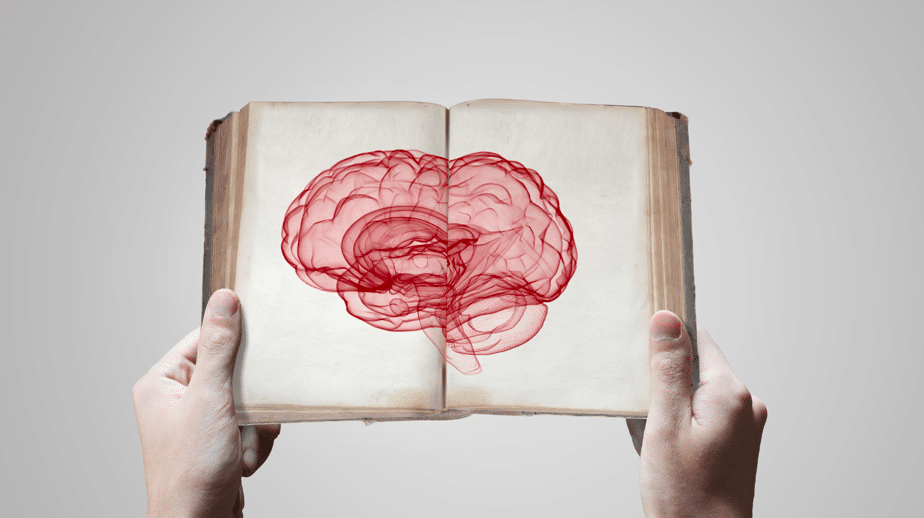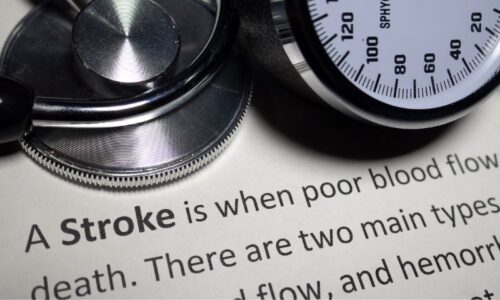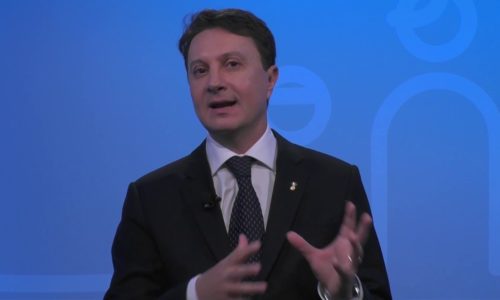Advances in Stroke Treatment: Medication and Mechanical Intervention |

Stroke, a condition that affects the blood vessels in the brain, has undergone significant changes in treatment over the years. In the past, little could be done for someone who had suffered a stroke, but today, there are efficacious interventions that can be provided in the emergency room.
Before 1995, the only treatment for stroke was aspirin or other general interventions. When a patient came to the hospital with a stroke, the neurologist would examine them and tell them there was nothing that could be done. This was because there was no medication or procedure available to treat stroke.
However, stroke treatment has come a long way since then. Today, there are multiple treatments available that can be provided in the emergency room. One of the most significant changes in stroke treatment has been the development of medication that can dissolve blood clots.
When a blood clot blocks an artery in the brain, it can cause a stroke. The medication that has been developed dissolves clots and restores blood flow through the artery. This medication is administered intravenously and is most effective when given within a few hours of the stroke.
If the blood clot is too large to be dissolved by medication, mechanical intervention may be necessary. A catheter can be inserted through the groin and threaded up to the brain. A tiny wire cage is then used to capture and remove the clot. This procedure is called a thrombectomy.
Mechanical intervention has become increasingly common in stroke treatment, and it has been shown to be very effective. In fact, recent studies have shown that patients who receive mechanical thrombectomy within six hours of their stroke have a significantly better chance of recovering fully.
In addition to medication and mechanical intervention, there are other treatments available for stroke. Rehabilitation is an important part of stroke treatment, and it can help patients regain lost abilities and learn new ways of doing things. Speech therapy, physical therapy, and occupational therapy can all be helpful in stroke recovery.
The development of new stroke treatments has been a significant advance in modern medicine. Today, patients who suffer a stroke have a much better chance of survival and recovery than they did in the past. With continued research and development, stroke treatment will continue to improve, and more people will be able to recover from this devastating condition.








